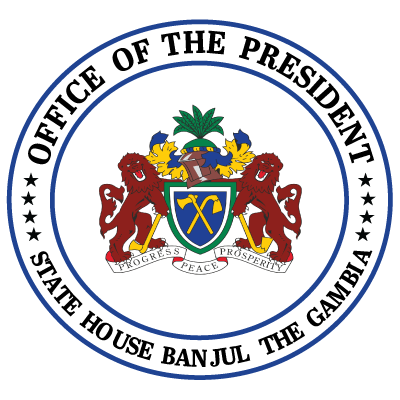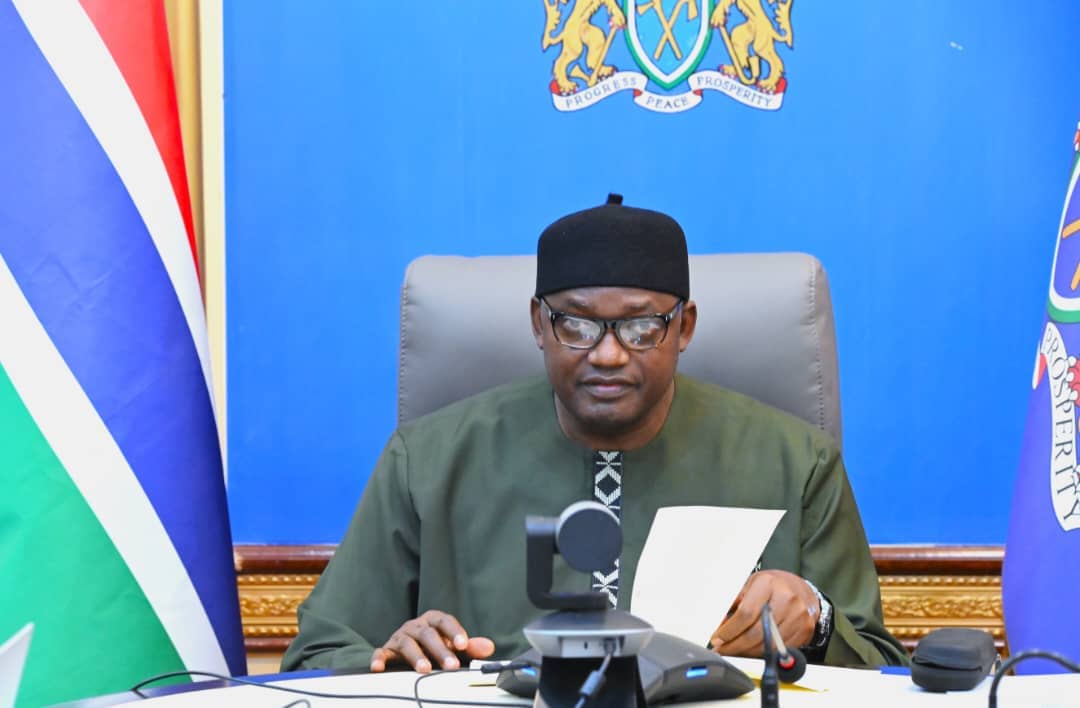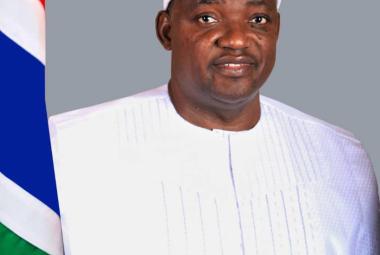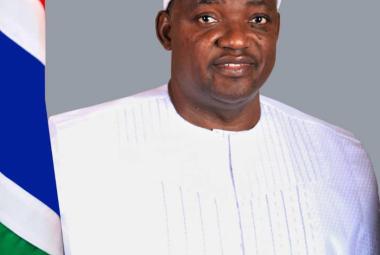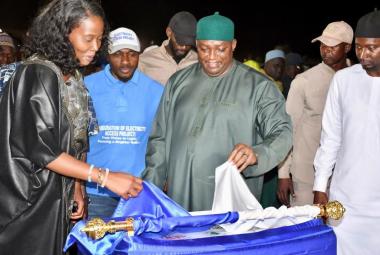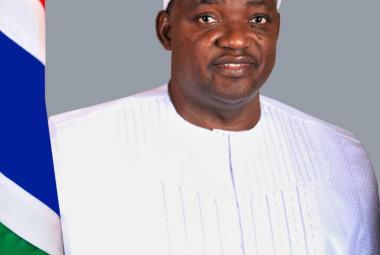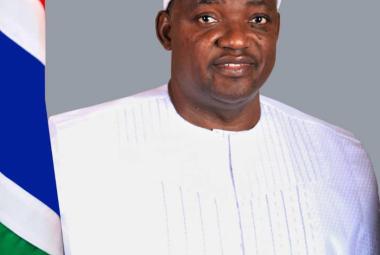Your Excellencies, Heads of State and Government,
Government Representatives,
Civil Society and Private Sector Representatives,
I would like to express sincere gratitude to President Yoon Suk Yeol of South of Korea and other like-minded leaders for convening the third edition of the Summit on Democracy. We are holding the event in an era of unprecedented assault and challenges to democracy throughout the world.
Excellencies, I strongly hold the view that democracy is the solution to the world’s socio-political challenges. It is a system that nations should embrace to collectively make the world a more peaceful and better place for all.
Unfortunately, democracy has been under challenge for decades. The political elite and leaders interpret and practise it differently. While for some, democracy merely implies holding periodic elections, whether they are free or not; for others, it means absolute rule without checks and balances.
My view is that democracy rests on the aspirations and needs of the citizens and their involvement in decision making processes. The people should be at the centre of democracy; that is, democracy entrenched in the basic principles of free and fair elections, the rule of law, respect for diversity, and respect for rights and freedoms.
Excellencies, on attaining independence in 1965, The Gambia emerged as one of the few African countries that practised genuine multi-party democracy.
The country observed and enjoyed the universal values and principles of democracy until 1994, when the military toppled the government of the first Republic and ushered in twenty-two years of authoritarian rule.
During those terrible years of dictatorship, Gambians suffered extra-judicial killings, curbing press freedom, withdrawal of the country from international organisations, politicisation of the civil service, use of the judiciary to silence dissent, and arbitrary arrests of citizens.
The lesson is that democracy is not about autocratic rule, with an individual responsible for making decisions. Rather, it is about allowing the people to make informed decisions and choice on national issues and their destiny.
Armed with this belief, Gambians turned out in large numbers to vote for democracy in 2016. The desire for change and fulfilment of their needs and aspirations drove the people to act.
Thanks to the country’s patriotic citizens and countries in the subregion, a peacefully managed transition to democracy followed. This resulted from a strong determination not only to restore popular rule in the country, but also to sustain democracy within the subregion.
Today, The Gambia is a bastion of democracy. It serves as a case study for countries around the globe to realise that democracy is attainable without violence.
Because democracy is not a perfect political system, it continually comes under attack. Through such forums and collaboration with other democratic nations, The Gambia stands to gain from international best practices to strengthen democracy and good governance.
I am confident that the new realities of democracy and political freedom will continue to reinforce our institutions and transform the lives and livelihoods of Gambians.
Thank you for your attention.
